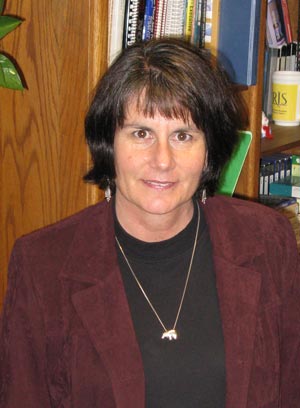Julie Fodor, PhD
Center on Disabilities and Human Development, University of Idaho
Phone: 208-885-3574
![]()

Julie Fodor, PhD, is the Director of the Center on Disabilities and Human Development (CDHD) (Idaho's UCEDD) at the University of Idaho. The CDHD supports 71 employees, 20 trainees, and 27 work study students. We operate three regional assistive technology centers and seven regional child care resources and referral centers and provide on-going technical assistance to schools, providers, families, and agencies across the state. Dr. Fodor is the principal investigator on seven CDHD programs and initiated our direct service programs for both children and youth. She is also an associate professor for the Department of Curriculum and Instruction in the College of Education and senior faculty in Special Education.
Dr. Fodor has worked with and for people with disabilities for over 30 years as a personal care attendant, classroom aide, teacher, researcher, administrator, and as an advocate. She has engaged in numerous systems change activities during her tenure in Idaho that include the creation of a statewide structure for technical assistance and training in positive behavioral supports, a certification process and training curricula for Medicaid providers of children's services, a birth to grade three early childhood teaching certification that blends content knowledge in special education and general education, several family support initiatives, development and implementation of the Idaho self-determination waiver, and the creation of Idaho's child care system that now includes a professional development career lattice and a focus on inclusive practices. Dr Fodor co-directed a project for 15 years that focused on supporting special education services in tribal schools across four states which eventually resulted in a federally funded master's degree program for tribal school teachers. Also, over the years she provided countless trainings and on-site technical assistance to school personnel, preschool staff, and head start employees on fostering social competence and reducing aggression in young children.
Dr. Fodor has authored numerous curricula, grant applications, technical reports, and policy briefs, and she continues to teach both graduate and undergraduate courses in special education and is the chair for several doctoral and master level students. Finally, Dr. Fodor maintains an active role on state, national, and university committees and plays a significant role in the state's advocacy of human rights and self-determination.







